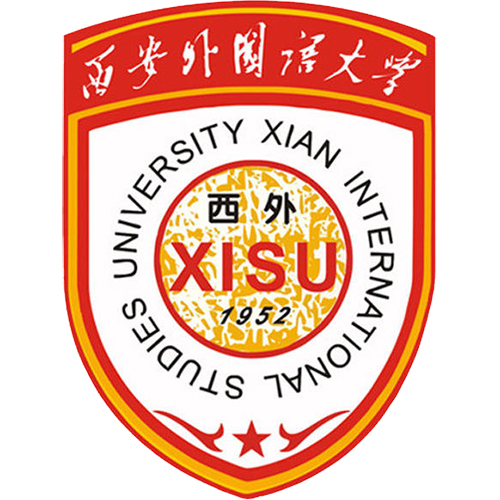
 Introduction
Introduction About the Program
About the ProgramArrangements July 19-20: Registration July 21: Replacement Test July 22 to August 16: Class hours July 27: Trips to Museum of Qin Clay Figures & Huaqing Pool Augest 3: Trips to Shaanxi History Museum, Great Wild Goose Pagoda,the Forest of Steles & Xi'an City Walls Augest 10: Trips to Qianling Mausoleum & Tomb of Princess Yongtai
Courses
| Time/Date | Monday | Tuesday | Wednesday | Thursday | Friday |
| 07:30-08:00 | Taichi Boxing | Taichi Boxing | |||
| 09:00-09:50 | Speaking Chinese | Speaking Chinese | Speaking Chinese | Speaking Chinese | Speaking Chinese |
| 10:10-11:00 | Speaking Chinese | Speaking Chinese | Speaking Chinese | Speaking Chinese | Speaking Chinese |
| 11:10-12:00 | Reading & Writing Chinese | Reading & Writing Chinese | Reading & Writing Chinese | Reading & Writing Chinese | Reading & Writing Chinese |
| 15:00-16:40 | Painting | Calligraphy |
Fees Tuition: RMB 2,400 Registration fee: RMB 250 Accommodation: RMB 80/person/day (double room); RMB 160/person/day (single room) Tour fee: RMB 1,500 Meal Fee: RMB 65/person/day
 About Xi'an International Studies University
About Xi'an International Studies UniversityEstablished in 1952 with the name of Northwest Russian College, Xi’an International Studies University (XISU) is the only university in northwest China conducting a complete range of foreign language programs. It was renamed as Xi’an Foreign Languages University in 1958. In 1979, the University started taking in postgraduate students. In 1986, with the authorization of the Academic Degrees Committee of the State Council, it acquired the right to grant master’s degrees. In February 2006, upon the approval of the Ministry of Education, the University changed its name to Xi’an International Studies University.
Development over the past fifty-odd years has facilitated XISU’s transformation from a university focusing only on foreign language education to a teaching-research university with coordinated and balanced programs in international studies, humanities, social studies, management as well as natural sciences. XISU is now an important foreign languages education base, playing an irreplaceable role in foreign language teaching and research in western China and China as a whole.
The University covers an area of 262 acres, with a floor space of 679,000 square meters. It is well equipped with advanced teaching devices like multimedia network classrooms, language laboratories, computer clusters, laboratories for simultaneous interpretation, mock guided tour laboratories and laboratories for news editing. With an advanced satellite receiving system, students in XISU can watch television programs broadcast in different languages. Our computerized library offers access to an extensive digital database of academic journals
 Accommodation
Accommodation
For Summer Session Chinese Language Program
| No.3 Apartment for international students | Types of rooms | Beds, bookcases, Desks, wardrobes | Rent fee/day |
| Double Room | Bathroom, radiator, shower bath, TV, air-conditioner, 201 card phones | RMB 40/bed | |
| Single Room | RMB 80/room | ||
| Public Facilities | Card phones, wash machines, refrigerators | ||
For students who are registered more than 6 months:
|
Room Facilities |
Price |
|
|
Double |
Single |
|
|
Bathroom, Heating, Air conditioner (North building) |
RMB40/person/day |
RMB80/person/day |
|
Bathroom, Heating, Air conditioner (South Building) |
RMB40/person/day |
RMB80/person/day |
|
Facilities in the Building: Refrigerator and telephone for public use; laundry service with charge; TV-set for rent. |
||
Note: The accommodation fees above are for long-term students. Fees maybe higher for short-term students.
Facilities
on campus
Libraries: library & reference room of the University
Table tennis room: exclusively open to students
Dining halls: for foreign and Chinese teachers and students respectively
Network: classroom in which DDN network joints are provided
Facilities within an easy access
 Fees
Fees Admissions Process
Admissions Process  Entry Requirements
Entry Requirements
Students with certificates granted from senior high schools or institutions
above level are eligible for admission;
In good health;
Required age: 18
or above.
 Application Materials
Application Materials
3.Certificate/diploma of highest education
Graduation certificate in languages other than Chinese or English should be translated into Chinese or English and be certified by notarization.
4.Academic transcript of highest education
 Reviews
Reviews Scholarship
Scholarship